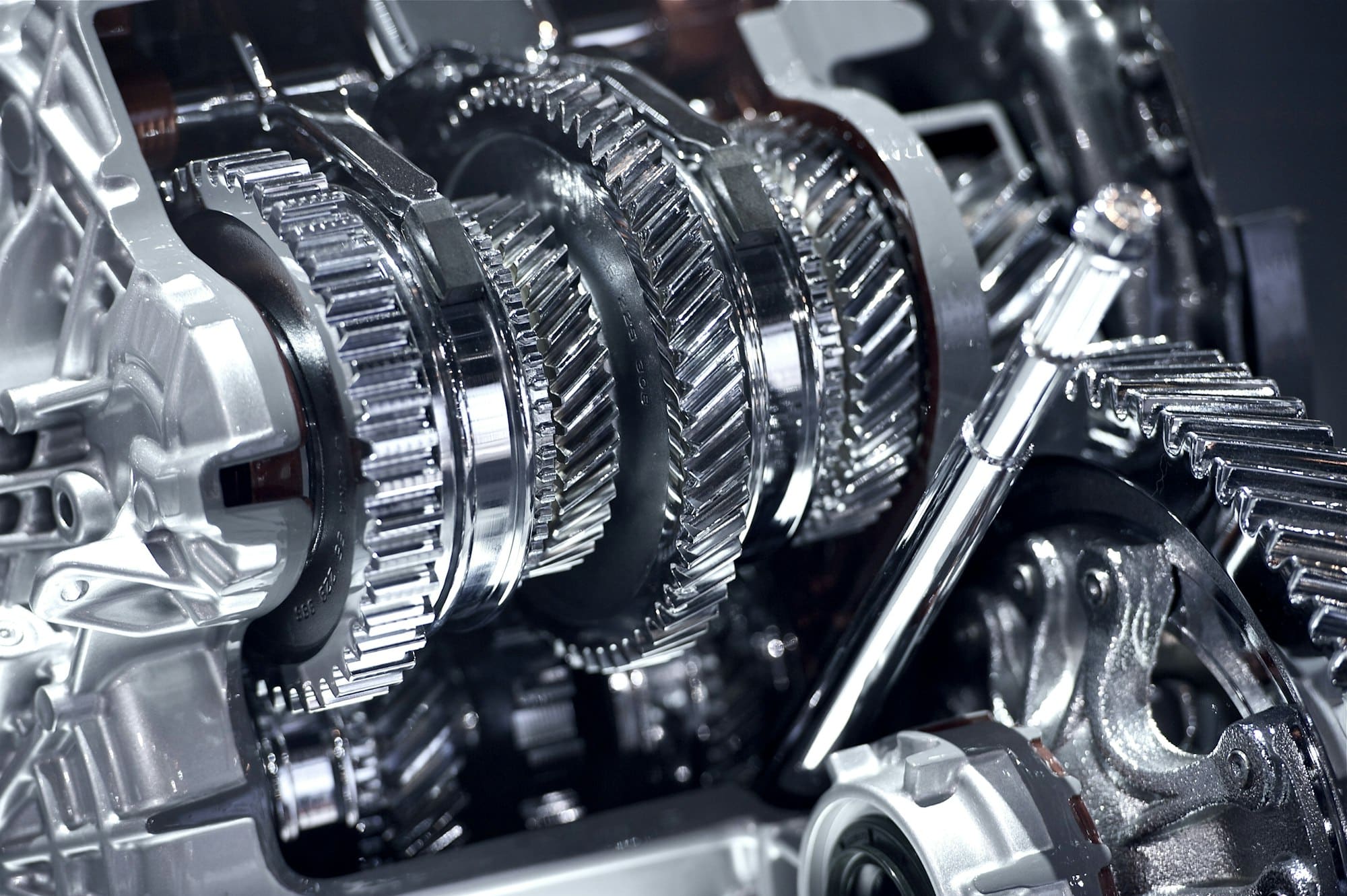Maintaining your vehicle's transmission is essential, especially in the UK's diverse driving conditions. Frequent stop-and-go traffic, wet roads, and varied terrains can significantly impact transmission wear and tear. Implementing effective care strategies can prolong its life, enhance performance, and save you costly repairs. Discover practical tips tailored to the UK's unique driving environment. Your vehicle’s longevity depends on how well you adapt your maintenance practices to the challenges you face on the road.
Understanding Transmission Longevity
The transmission lifespan is crucial for maintaining optimal vehicle performance. It acts as the intermediary between the engine and the wheels, ensuring the power generated is efficiently transferred to propel the vehicle. In the UK, several factors can impact the longevity of a transmission.
In the same genre : How to deal with insurance claims after car theft in the UK?
Frequent stop-and-go traffic, common in urban areas, can lead to increased wear and tear. Additionally, the UK's variable climate, with its wet conditions, can affect transmission components over time. Regular vehicle maintenance is essential to mitigate these effects, ensuring that the transmission fluid is at proper levels and free from contaminants.
Common transmission issues in UK driving conditions include slipping gears, delayed engagement, and unusual noises. These problems can arise from a combination of factors such as inadequate maintenance, harsh driving habits, and environmental conditions. Addressing these issues promptly through professional servicing can significantly extend the transmission's lifespan.
Also to read : How can you legally drive a foreign-registered vehicle in the UK?
By understanding the importance of the transmission and the factors affecting its longevity, vehicle owners can take proactive steps to ensure their vehicles remain reliable and efficient. Regular checks and maintenance are key to preventing costly repairs and maintaining vehicle performance.
Driving Conditions in the UK and Their Impact
Understanding how UK weather, road types, and traffic patterns affect vehicle transmissions can help in maintaining their longevity. The UK's weather is known for its unpredictability, with frequent rain and occasional snow. These conditions can lead to increased moisture exposure, which might cause corrosion in transmission components if not properly managed.
The variety of road types, from smooth motorways to rugged country lanes, also plays a significant role. Motorways allow for consistent speeds, reducing transmission strain, whereas driving on rural roads with frequent gear changes can increase wear. This contrast highlights the importance of adjusting driving habits based on the road type to protect the transmission.
Traffic patterns, especially in urban areas, often involve stop-and-go driving. This can lead to overheating and increased friction within the transmission, accelerating wear. Understanding these patterns and planning routes to avoid peak traffic can mitigate some of these effects.
By considering the influence of these factors, vehicle owners can take proactive measures to protect their transmissions. Regular maintenance and mindful driving can help in adapting to these challenging conditions, ensuring a longer lifespan for the vehicle's transmission system.
Maintenance Strategies for UK Drivers
Proper transmission maintenance is essential for vehicle longevity, especially in the UK. Engaging in preventative care can save drivers from costly repairs. One of the most critical steps is adhering to recommended service intervals. Typically, manufacturers suggest transmission fluid changes every 30,000 to 60,000 miles, but this can vary based on the vehicle type and driving conditions.
Regular fluid checks ensure that the transmission operates smoothly. It is vital to inspect the fluid's level and condition frequently. Clean, red fluid indicates a healthy transmission, while dark or burnt-smelling fluid may signal issues. Promptly addressing these signs can prevent further damage.
Identifying early signs of transmission problems can be a game-changer. Drivers should be alert to symptoms such as:
- Hesitation or delay when shifting gears
- Unusual noises like grinding or whining
- A burning smell during vehicle operation
By focusing on these maintenance strategies, UK drivers can extend their transmission's life. Consistent checks and timely service not only enhance performance but also provide peace of mind on the road.
Common Transmission Problems Under UK Conditions
Navigating transmission issues in the UK requires understanding common problems and effective troubleshooting. UK drivers often face challenges such as slipping gears, delayed engagement, and unusual noises. These issues can stem from harsh driving habits, inadequate maintenance, or environmental factors like moisture exposure.
To troubleshoot these problems, begin by inspecting the transmission fluid. Low fluid levels or contamination can cause many issues, so ensure it's at the correct level and free of debris. Listen for noises during gear shifts, as grinding or whining can indicate mechanical wear or damage.
When addressing transmission issues, consider the repair costs involved. Simple fixes like fluid changes are relatively inexpensive, but more complex repairs, such as replacing worn components, can be costly. It's essential to weigh the cost against the potential benefits, ensuring repairs are both necessary and effective.
By understanding these common transmission problems and employing effective troubleshooting methods, UK drivers can maintain their vehicles' performance. Regular checks and timely repairs not only prevent further damage but also help manage repair costs, offering peace of mind on the road.
Recommended Products and Services
For optimal transmission care, selecting the right products and services is crucial. In the UK, where weather conditions can be unpredictable, choosing top-rated transmission fluids is essential. These fluids should be resilient to moisture and temperature fluctuations to ensure smooth operation. Brands like Castrol and Valvoline offer high-quality options that cater specifically to these needs.
For those interested in DIY maintenance, having the right tools and products is key. A transmission fluid pump, torque wrench, and a reliable fluid catch pan are indispensable. Additionally, using maintenance products such as transmission conditioners can help prolong the life of the transmission by reducing wear and tear.
When it comes to professional automotive services, it's important to choose reliable providers. Look for services that specialise in transmission care and have a good reputation for customer satisfaction. Companies like Halfords and Kwik Fit are well-known in the UK for their expertise and comprehensive service offerings.
By investing in quality transmission fluids, maintenance products, and trustworthy automotive services, vehicle owners can ensure their transmission systems remain in excellent condition, adapting well to the UK's unique driving conditions.
Comparison of Transmission Types
Understanding the distinctions between automatic transmission, manual transmission, and hybrid transmission is essential for making informed vehicle choices. Each type offers unique benefits and challenges, especially under UK driving conditions.
Automatic vs. Manual Transmissions
Automatic transmissions provide ease of use, ideal for urban traffic with frequent stops. They manage gear shifts without driver intervention, reducing fatigue during long commutes. However, they can be less fuel-efficient compared to manuals.
Manual transmissions offer greater control over gear changes, which can enhance driving enjoyment and fuel efficiency. They are often preferred for rural and motorway driving, where consistent speeds are common. Yet, they demand more driver engagement, which can be tiring in stop-and-go traffic.
Hybrid Transmissions
Hybrid transmissions combine features of both automatic and manual systems. They are gaining popularity due to their adaptability and fuel efficiency. In the UK, where environmental concerns are rising, hybrids offer a sustainable alternative, balancing performance and eco-friendliness.
By assessing these transmission types, drivers can align their preferences with their driving environments. Whether prioritising convenience, control, or sustainability, understanding these options helps in choosing the right transmission for one's needs.
Visual Aids and Resources
Visual aids such as diagrams and infographics play a pivotal role in comprehending transmission care. These tools simplify complex concepts, making it easier for vehicle owners to grasp maintenance procedures. For instance, a detailed diagram of a transmission system can highlight key components, demonstrating where issues might arise.
When it comes to maintenance procedures, suggested diagrams can be invaluable. They provide step-by-step guidance, ensuring that drivers can follow along with ease. These visual aids often illustrate tasks such as checking transmission fluid levels or identifying worn components, which can be particularly helpful for those new to vehicle maintenance.
Educational resources tailored for UK drivers are abundant and can enhance understanding. Guides that incorporate local driving conditions and common issues faced in the UK offer practical insights. These resources often include infographics that summarise maintenance tips or troubleshooting steps, making them accessible and easy to digest.
By utilising these visual aids and educational resources, UK drivers can become more adept at maintaining their transmissions. This knowledge not only empowers them to perform basic maintenance tasks but also aids in making informed decisions when seeking professional services.















